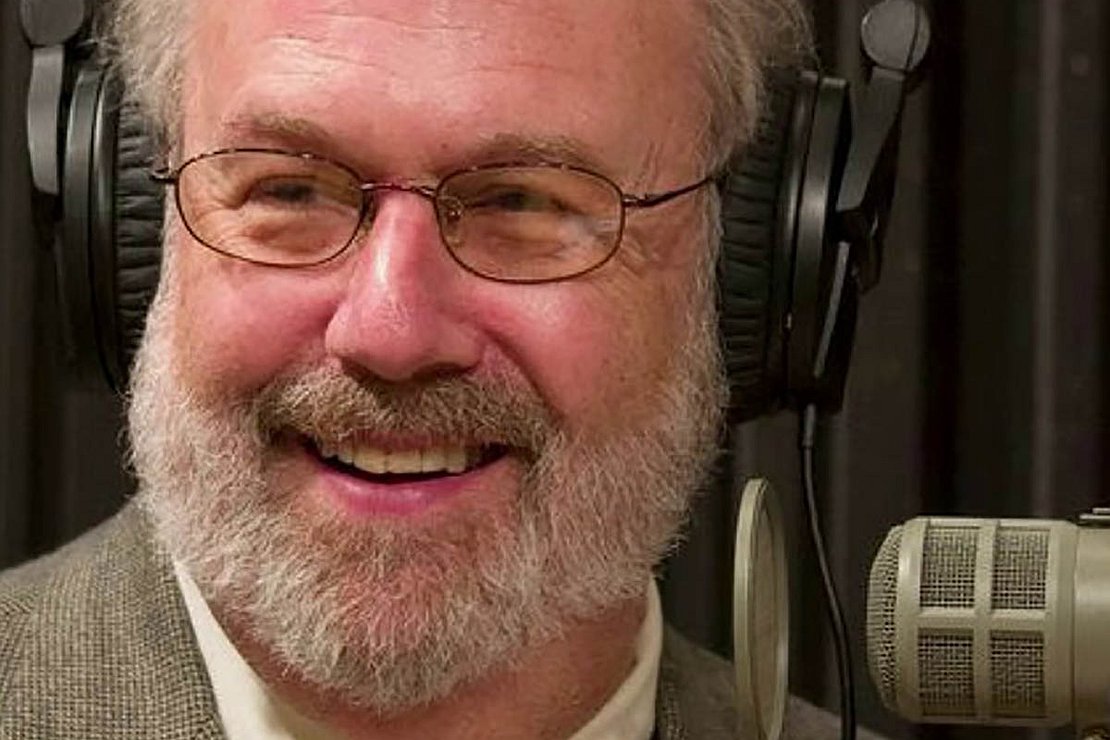
The Film ‘Inglorious Basterds’:Kosher Revenge Porn
The German media worked painstakingly to neutralize any effect of the ‘Valkyrie’ movie with Tom Cruise, which was an attempt to present a nuanced image of Nazi Germany. On the other hand, it is being suggested for weeks now that Quentin Tarantino's ‘Inglourious Basterds,’ where a group of Jewish avengers behind the front commits mass killing and scalping of Germans, is not to be missed.
Well, the film was too long for my taste, I averted my gaze from the worst violent scenes, I was a little bit annoyed that ‘Nazis’ and ‘Germans’ were used synonymously, I found Christoph Waltz in the role of the diabolic SS officer great, and towards the end, when in the movie there is a movie premiere, a German hero kills Americans by the dozen, and Adolf Hitler, as a guest to the premiere, takes great pleasure in this (before he is killed), I told my seat neighbor – careful, irony! – "For us national socialists, it is nice to know that the Führer had a little fun just before his end." If I had not gone to the movie, I would not have missed much, I felt.
My impression was that most of the enthusiastic critics knew nothing about the movie, but because it was about Nazis (or Germans) and Jews, they tried hard to measure up to perceived higher expectations. Verena Lueken in the ‘Frankfurter Allgemeine Zeitung’ newspaper sounded old-maidish. The movie was a "worthy undertaking," because "it cleared our head." The ‘Süddeutsche Zeitung’ newspaper expressed its enthusiasm in an infantile way: "Comic strip violence versus the terror of the Holocaust, baseball bat versus exploding Nazi scull, Brad Pitt with the gigantic knife, the Swastikas engraved in soldiers' foreheads, along with a counterfactually curtailed World War II." A rigorous censorship of the comment section prevented a discussion about this. In the (leftist) ‘tageszeitung’ newspaper Christina Nord wrote: "Thus, in the shimmering unreality of the B-picture, the impotence felt in the face of the real course of history is transformed into aggression and self-empowerment. 'Inglourious Basterds' offers the space to play out these sensations. This is a liberating experience." Since Ms Nord probably only knows the "real course of history" in the way it was taught her at primary school level, the movie experience cannot have "liberated" her, but only additionally confused her already false consciousness. ‘Die Welt’ newspaper offered this supposedly witty murmur: "Historical exactness is a virtue, but only imagination brings liberation."
In the 'Berliner Zeitung' newspaper, film critic Georg Seeßlen praised the film as an anti-fascist act: "Not only are the victims of the Nazis given a heroic image of counteraction – this 'kosher porn' of revenge fantasy, as Tarantino's fellow campaigner Eli Roth calls it, may also cross the taboo line of hate and violence. Dreams of resistance come true. Wouldn't every film critic like to be an underground hero?!" And isn't there a repressed sadist in him, Seeßlen, as well? In ‘Der Spiegel’ magazine he philosophized: "In the world's narrative, National Socialism is the absolute evil; there is nothing beyond it – even if other regimes have committed cruel crimes, they have not done so with such obvious joy, efficiency and relentlessness, with such an intimate concordance of rulers, nation and ideology." One should always "pose the question whether this absolute evil, coming from the relatively small, central European country, is the evil that resides in 'human nature,' in the mechanics of history, lurking in everyone. Or whether it has come straight out of hell." Oh, Seeßlen, that is the Allied and anti-fascist mystification of history plus cheap philosophy!
The term ‘anti-German’ is too simple for the movie. Sure, the Germans are caricatures, but so are the Americans. Brad Pitt, the Basterds’ boss, could just as well be the head of a black-hating lynch mob. By pushing Jewish revenge fantasies to the limit, at least the movie reveals their existence. The German officer who refuses to betray comrades and gets first his bones, then his brain shell smashed with a baseball bat by the ‘Bear Jew,’ has more courage than all the Basterds put together. But the crucial thing is something else: in order to be really interesting and subversive, Tarantino's irony and his black humour would have had to venture to address the central mystification of our ‘world narrative’ and deconstruct the ‘absolute evil’ that is supposedly embodied by Nazi Germany. It is a specific quality of evil: it is done for its own sake, just out of pure, unadulterated malice, and does not find an inner-worldly explanation and justification. Tarantino only plays with this mystification to extract entertainment value from it and to reinforce it. The whole anarchic gesture of violence is thus bogged down in ideological affirmation and ultimately only confirms that our world today, the world dominated by the US and Hollywood, is the best of all possible worlds. And did anti-German motives perhaps play a role after all? Eli Roth, who plays the Bear Jew and skull-cracker, as director of the splatter movie ‘Hostel,’ has a German businessman paying 25,000 dollars for torturing an American to death. In the German dubbed version he has become a Spaniard. Now this camouflage is no longer necessary.
Thus, the Tarantino movie even turns out to be quite conventional in the end. How about this for a change: A young Wehrmacht soldier, humane, educated, from an anti-Hitler family, is forced to take part in the attack on the Soviet Union. In Galicia, which the Soviets occupied barely two years earlier as a result of the Hitler-Stalin pact, he sees the legacy of the secret service NKWD, which Bogdan Musial described in the book 'Konterrevolutionäre sind zu erschießen' ('Counterrevolutionaries are to be shot'): The bodies of tens of thousands of so-called enemies of the people, killed by gunfire, with machine guns and hand grenades, buried in prison yards, piled up in jail cells and basements. A movie about what effect this has in this young soldier, how this experience changes him, how it influences his actions – will that ever be possible in the free Federal Republic of Germany?
OK, the reality of a movie is only virtual. Nevertheless, it seems strange that it is, of all people, German viewers who are crowding into a movie – and are being semi-officially herded towards it – which makes their ancestors collectively appear as criminals and legitimate fair game, and that the German movie promotion agency even makes money available for it. Self-irony and aesthetic distance cannot adequately explain the total absence of reverence, it is about more: in Germany, the living have revoked a fundamental solidarity with the dead which was exemplified by Antigone. Against the king's order, Antigone buries the dead brother, even though he is considered a traitor under the laws of the state. For her, the eternal, the divine law is above the law of the state. The social philosopher Peter Furth calls this the "solidarity of the mourning." The dignified burial of the dead is a social primal act, it confers a dignity to the dead that confounds all practical calculations and stands above the will of the living. Because mourning for the dead does not raise the question of utility, it can become a source of social solidarity among the living, "which is more than a business contract." In Germany, on the other hand, the dead become a commodity, i. e. mourning for them depends on whether its public expression has advantages (as in the case of Jewish victims) or disadvantages (in the case of the ‘German perpetrators’). The latter would even be dragged out of the ground and used for public amusement as figures in a shooting gallery.
How the Germans deal with their ancestors corresponds directly with the civil religion, which in the sacralized Western world is supposed to create inner-worldly transcendence. In it, the German symbolises absolute evil. In order to prove themselves worthy of it again and again, the Germans must continue to propel the disassociation from their own dead. This chokes up the sources of social solidarity, and the businesslike obedience to the civil religion becomes the most important foundation of state and society. This leads to a state of permanent hysteria and social, political and human brutality.
This may well be the unconscious, but deepest, sinister reason for the movie’s popularity in Germany. The time between the hysteria phases is getting shorter and shorter, and brutalization becomes bestialization. The aggression and self-empowerment to finally fully act out could one day be transferred to reality. The irregular Basterd troops behind the front line and their asymmetric warfare would serve as a model for lumpenproletarian urban savages. The ‘liberating experience’ that the ‘tageszeitung’ lady raved about would then be political assassination.
Translated from eigentümlich frei, where the article was published on 3rd September 2009.




